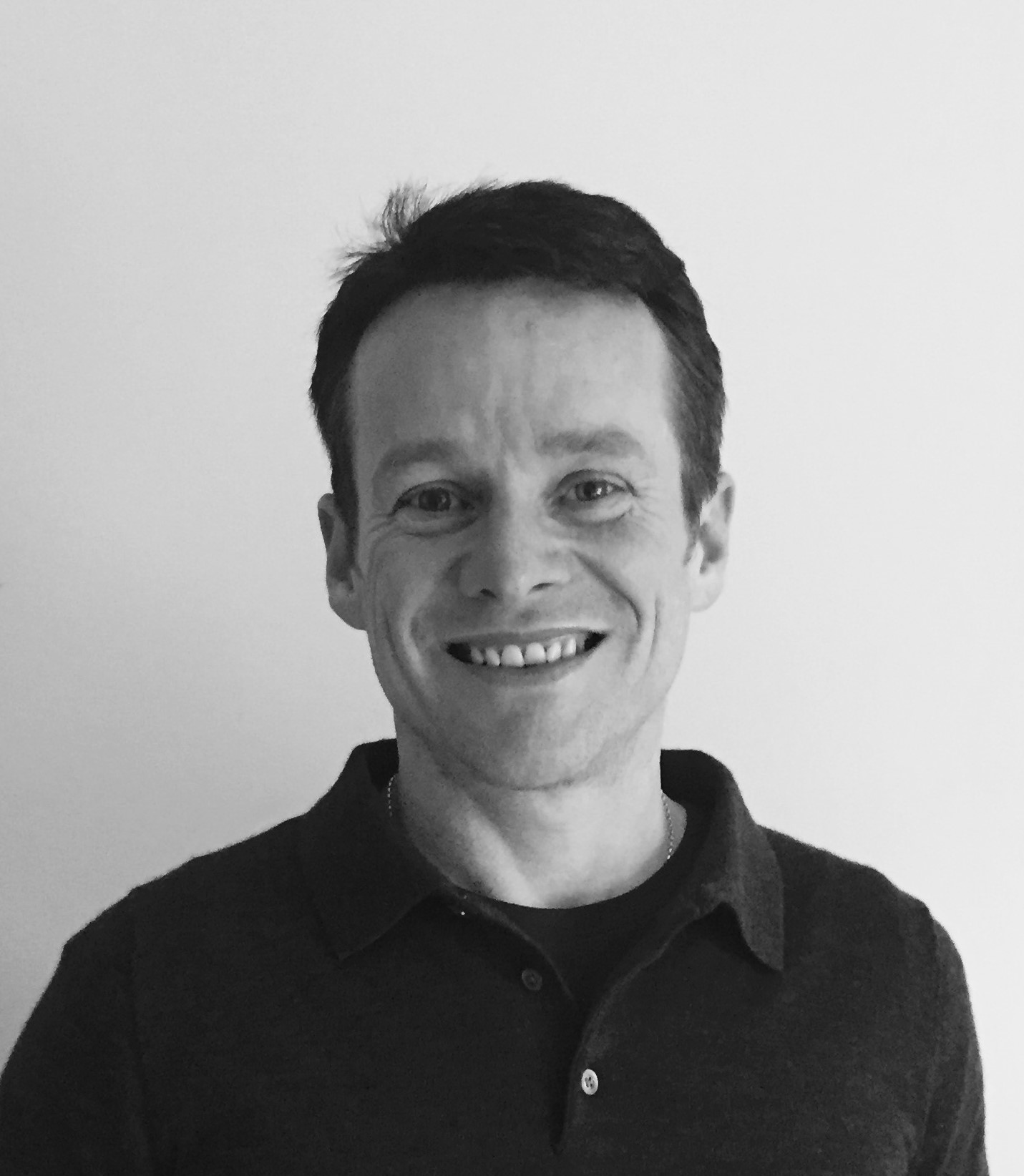“We are what we repeatedly do, excellence is therefore not an act, but a habit” — Aristotle
Negative people like to complain and criticize. Anxious people are prone to worry. Positive people are optimistic. And healthy people tend to be health conscious.
Our defining characteristics are not set in stone however.
I was crippled with chronic anxiety and addiction for most of my life, but now consider myself the one of the most positive, energetic, and carefree people I know.
Change is possible, and bad habits can be broken…
But you must act, and you must be consistent.
The key is to practice consistency over intensity. Intensity rarely works.
Think about it…
How do you keep those pearly whites so clean: by visiting your dentist, or brushing your teeth every day?
It’s the same for fitness. Jumping on a treadmill for ten hours won’t prepare you for a marathon; it might kill you, but only consistent exercise will make you fit.
It’s pretty much the same for anything that’s worthwhile: eating healthy, exam preparation, building a business, marriage, friendships, personal development, meditation, and acquiring new knowledge.
Small consistent steps lead to big changes, always.
It’s the same for how you habitually feel. Nobody is born angry. It is simply a more practiced behaviour than, say, cheerfulness.
“For good or bad, your habits determine who you will ultimately become.” — Nicolas Cole
So where should you start?
Pick something you want to change, and just act. Don’t wait, act. People tend to wait for the perfect moment, but the perfect moment will never come. If you don’t feel like taking action, take it anyway. It doesn’t have to be a major leap. If you want to get into the habit of reading, start with a page a day. Just make a start. Action breeds more action.
Without action, nothing changes.
It is generally believed that people act happy because they feel good, but psychological research tells us otherwise. Actions come first. If you want to feel happy, act happy. Take a day and smile at everyone that crosses your path, especially strangers. You’ll be amazed by how many people smile back, and how good you’ll feel.
Try this right now: smile and think angry thoughts… difficult to be angry while you’re smiling, isn’t it?
Action is critical if you want to feel better.
In his international bestseller, The Magic of Thinking Big, David Schwartz describes the action principle superbly well: “Action feeds and strengthens confidence; inaction in all forms feeds fear. To fight fear, act. To increase fear — wait, put off, postpone.”
You need to get into the action habit.
I personally use Mel Robbins 5-second rule. If you find yourself procrastinating, count 5–4–3–2–1-GO and move towards action. This simple tool works remarkably well, and when it becomes a habit, you’ll be unstoppable.
I want to share two action habits with you that I’ve built into in my own life. They have made a tremendous difference for my own personal wellbeing, and if you make these changes, they will help you too.
1. Stop comparing yourself to others
“Comparison is the thief of joy” — Theodore Roosevelt spoke these words at the beginning of the 20th century. With the rise of social media, I wonder how he would phrase it today.
Comparison truly is the devil. It is also a two-way street. Comparing yourself downwards is a sure-fire way to kill your self-confidence. But comparing yourself upwards can be just as bad. It’s only an ego trip that will cause its own problems down the road.
So if you are in the habit of comparing yourself to others, like most people are, it’s time to stop.
Where should you start?
First realise that there will always be someone further along the road, but this is OK, life is a marathon, not a sprint. Plus, who else are you going to learn from anyway.
Second, if social media is your thing, implement a curfew. Set yourself specific times when you go online. There are also apps (e.g. Moment) that can monitor your smartphone and social media use.
Third, stop focusing on whether your peers are doing better than you, especially on social media. It is equally problematic if you build yourself up on other people’s failures. If you feel good about something, great, but don’t go seeking approval and recognition for your accomplishments.
Fourth, be mindful that your perception of others is likely incorrect. Think about it, do you know anyone who doesn’t put forward the best version of themselves, particularly on social media. This is also backed up by research, which shows that people are far more likely to present positive rather than negative representations of themselves.
2. Neutralize negativity from your life
Having fun is medicine for your soul.
Negativity is poison for your soul.
It is therefore essential to neutralize negativity from your life. A nice way to classify this is to make a list negative people, places, and things.
Negative things might include negative news (which is pretty much all news) and social media, as well as bad habits such as junk food, smoking and drinking too much.
As for places, maybe you hate your job, or whatever else you do on a daily basis. You may also dislike where you live. Not everyone can move job or house, but don’t take this too lightly. It’s your life after all, and you only have one. Negative places are usually subjective however. What’s negative for you might not be for someone else.
And then there is negative people…
I’m not saying you shouldn’t help people who are finding life tough, but it needs to be constructive.
There really is no point in listening to someone wallow in self-pity. That’s just a form of enabling. Make it constructive and offer advice, then it becomes something positive.
Granted, there might be times when people just need to vent, get upset, or mourn, but that’s not what I’m talking about. It’s the negativity vampires that you need to look out for. The one’s who suck the life right out of you. I’m sure you know one or two. They don’t really want help. They just want to complain, blame, accuse, and criticize, and usually love a bit of drama. Yes, those guys.
So what’s the best way to implement this habit into your life?
Negative things and places (of choice) are self-explanatory; stop engaging with them, or at least radically reduce them. One way to do this is change your environment. If you want to stop eating junk food, keep it out of your house. If you want to avoid/reduce social media use, leave your phone out of reach.
Negativity vampires are a little bit trickier. Usually unbeknownst to themselves, they will try to hook you in with their negative news, and from an evolutionary perspective, this can be attractive.
Why?
Because in order to survive we have evolved with a bias towards negativity!
If our ancestors heard rustling in the bushes and thought “yay food”, it might not have ended well. If they thought “holy shit” and ran, they had a better chance of survival. They could always look for more food, but not if they were dead. It was therefore better to be cautious than hopeful. The ones who ran survived, whereas the “yay food” optimists did not. As a result, today’s human brain is primed for negativity. That’s why you don’t see positive newspapers, nobody is interested. We love bad news, even if we don’t like to admit it. Neuropsychologist Rick Hanson puts it best: “Our brains have a negativity bias, which makes it like Velcro for the bad and Teflon for the good.” It is therefore imperative to reduce negativity, and take in as many positive experiences as you can.
So stop putting yourself around negative people, and if a negative conversation starts, simply remove yourself from the situation.
As for negativity you can’t avoid, like home, work, or family members, you need to accept this completely, at least until you can make changes. This is important, because you will only suffer (in your mind) if you resist what you cannot change.
Take Away Message
We are defined by what we repeatedly do.
Our habits are not set in stone however, they can be broken…
But you must act, and you must be consistent.
So when should you act?
Now. Don’t wait, act now. The perfect time will never come.
It doesn’t have to be massive action, baby steps work best. If you want to get fit, start with a brisk walk three time a week. If you want more peace of mind, start with a two minute meditation every day.
Just make a start. Action breeds more action. It also breeds courage, belief, and confidence.
“Don’t think. Act. We can always revise and revisit once we’ve acted. But we can accomplish nothing until we act” — Steven Pressfield
So how are you supposed make time to implement these new actions?
You don’t!
By neutralizing negativity, and stopping comparing yourself to others, you will not only feel better, you will also have more time. These changes are subtractions, not additions, and both will have a remarkable impact on your life.
So when it comes to comparison, you don’t need to see what everyone else is doing. Stay in your own lane. I think Simon Sinek puts it best, “you are your own competition… joy comes from advancement, not comparison.”
As for negativity, well this speaks for itself. You can’t underestimate the impact that negative people, places, and things will have on you. Get away from negativity at all costs. We have limited time on this earth, so it’s best to make the most of it.
Remember, it’s all about changing your habits.
Change your habits, and you’ll change your life.
I write regularly for A Lust for Life, but feel free to follow my articles on Twitter, Instagram, and LinkedIn. You will also find my articles on publishing platforms Thrive Global and Medium.
Originally published in A Lust for Life on 25th July 2018


